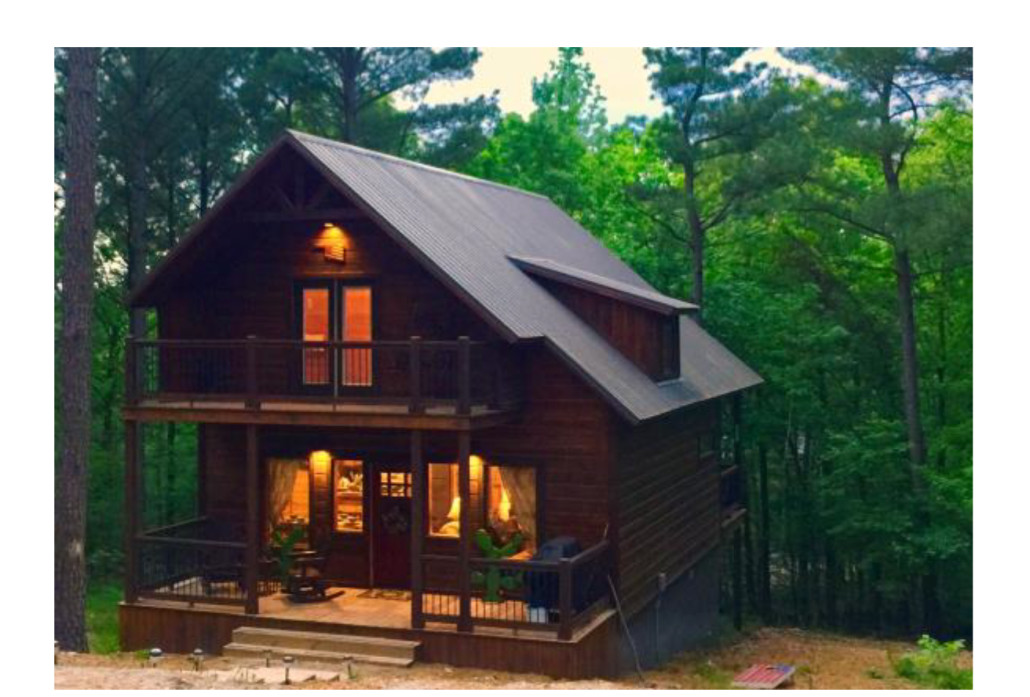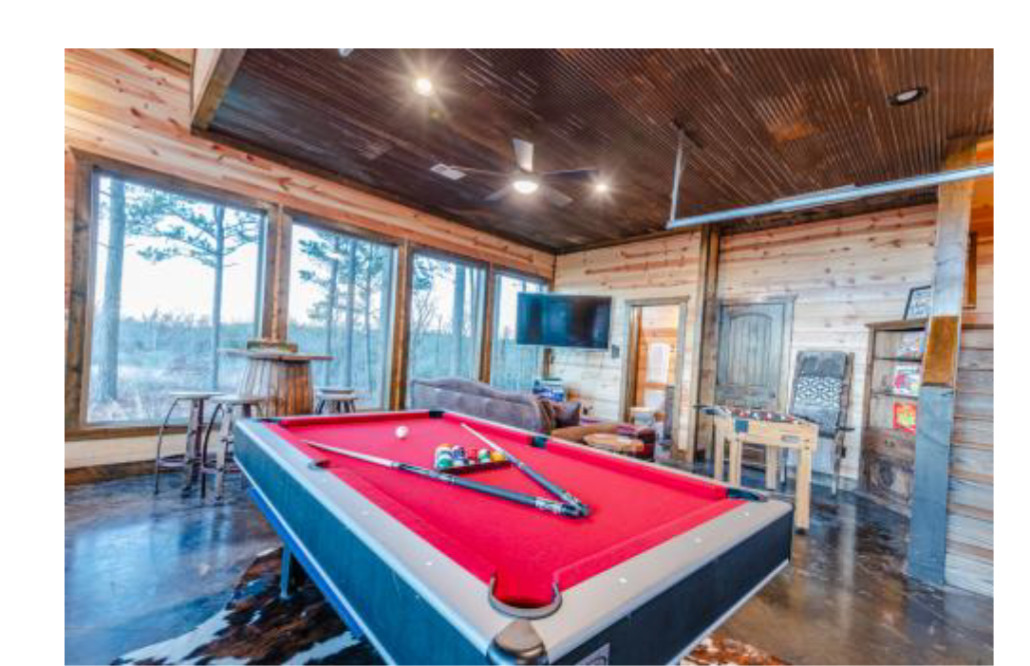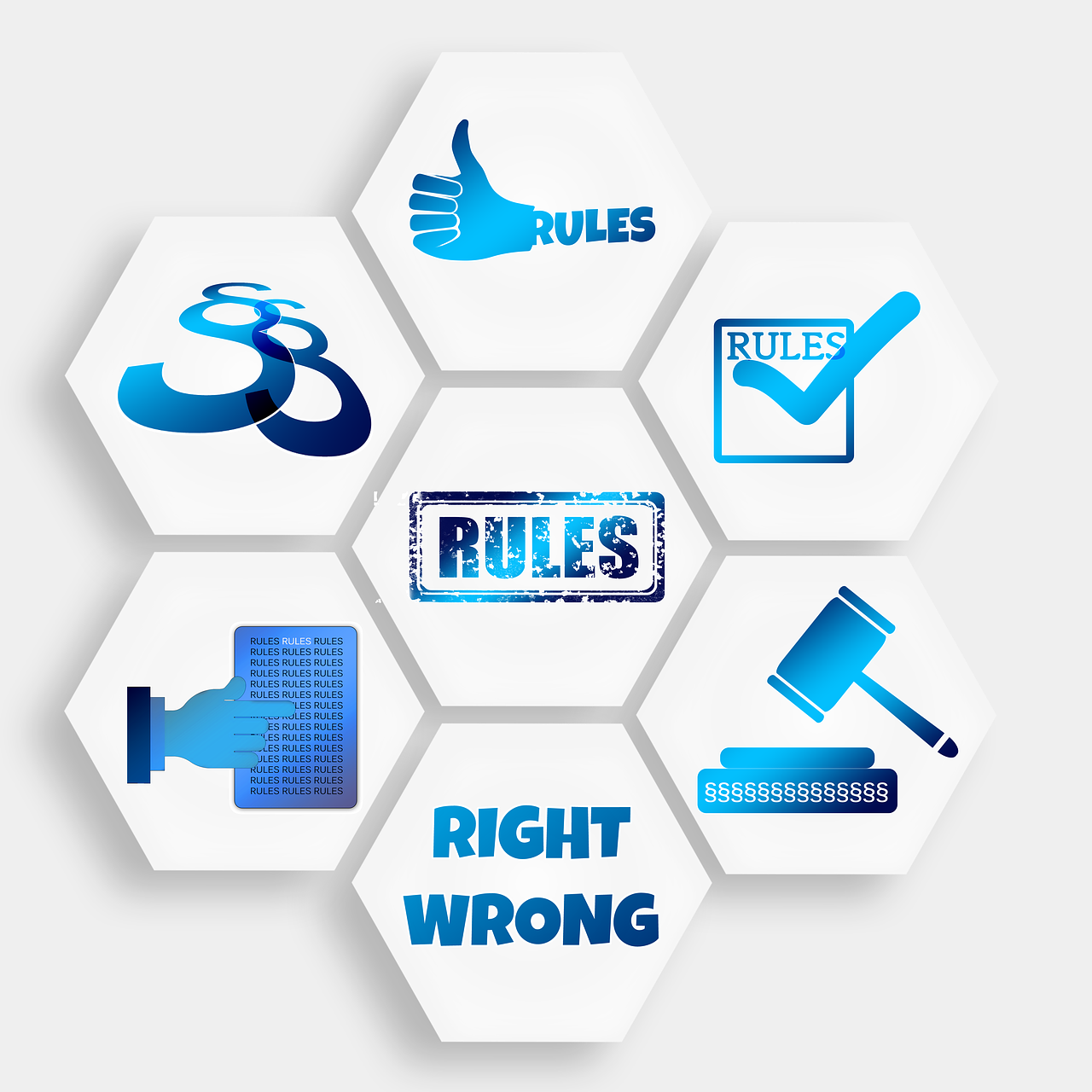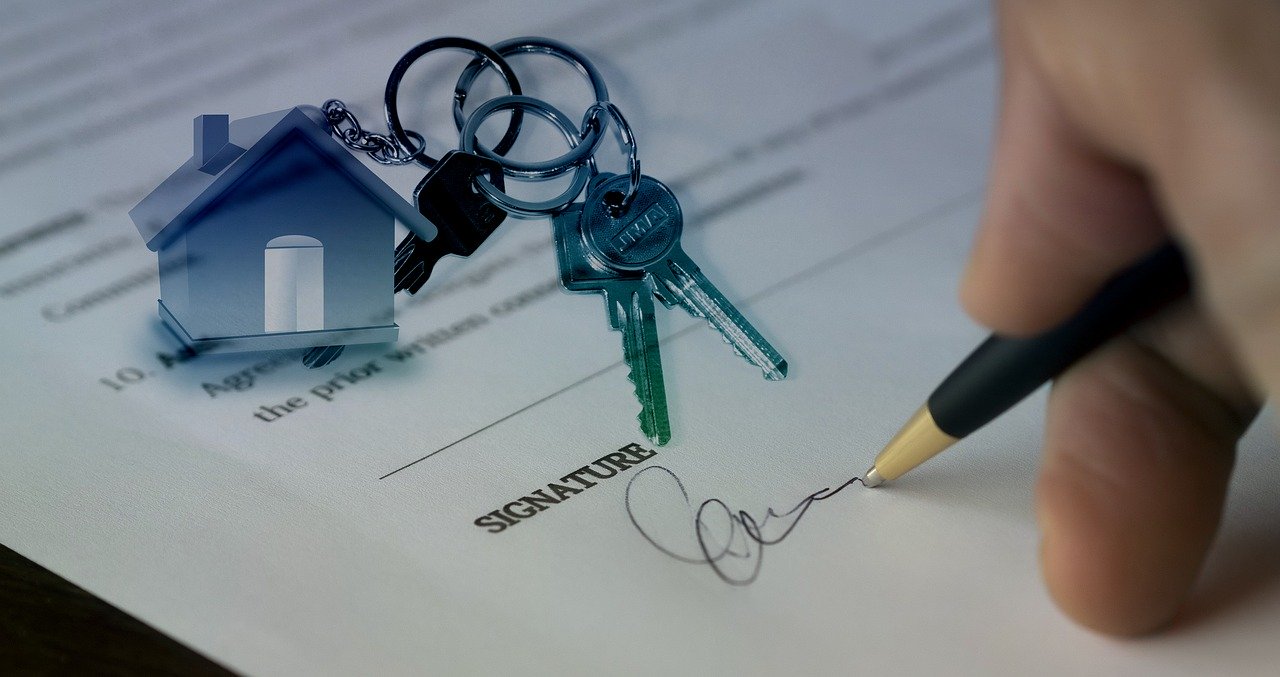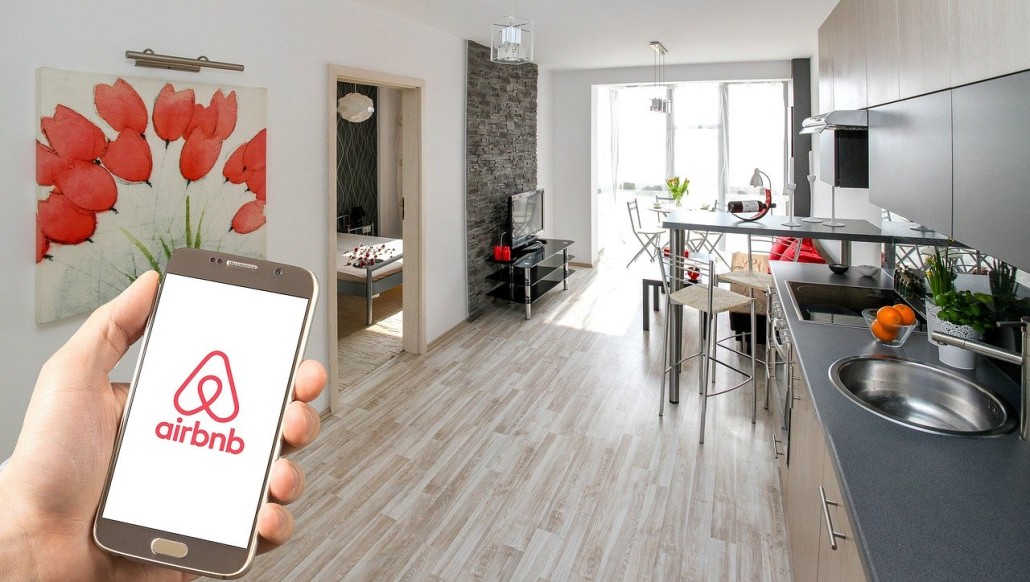By Adiel Gorel
A classic question I get when talking to a would-be real estate investor is: “Shouldn’t we buy a home to live in first before buying investment homes?”
The answer, of course, depends on where you live.
When considering owning your own residence, there are various layers of reasoning. Some are logic and numbers-based. Some are emotional, traditional and familial.
Owning your own home can be associated with safety, security, having “arrived”, satisfying family members’ aspirations, the stability of having a (hopefully) permanent place to live, and so on.
Of course, everyone has a different set of emotional considerations when it comes to owning a home.
These vary from person to person and, needless to say, are hard to quantify.
In this article I will address the logical, numbers-based approach to the question of whether to buy your own home as your first real estate move, or rent and buy investment homes instead.
The numbers tell the story
If you are considering buying your own home, the price of the home matters, the rent required to rent that same home matters, the local property taxes matter, the mortgage interest rates matter, dwelling insurance rates matter, and even the new 2018 tax law weighs in.

If you live in a market where property taxes are relatively low (say, between 1 and 1.7 percent of the home price per year), and insurance rates are reasonable, then if you are considering buying a home under about $400,000, that should be a “no brainer” as your first step. Between $400,000 and $500,000 would still be a reasonable range to consider buying the home. In such a market, once you step up to the $500,000 range and above, the math may well start to turn as you climb higher in price, in favor of renting a home in the area in which you live, and owning rental homes in more optimal places.
In markets where the property taxes are high (like in Texas and Oregon), and insurance rates are high (Texas again, for example), the “no brainer” number may shrink to $300,000 or so, while the range above which you may consider renting your own home while buying affordable investment homes in other markets, will likely be $400,000 or above. This is because with high expenses for property tax and insurance, (which as a homeowner you would be paying) the overall numbers and logic “turn the corner” faster.
Certainly, in expensive areas like the San Francisco Bay Area, Los Angeles, San Diego, New York City and others such markets, it is usually far more logical to be a renter, while owning rental properties in affordable markets, where rents are actually quite high as a percentage of the home purchase prices.
Buying homes in expensive markets may not make sense

If you are thinking of buying a home in the San Francisco Bay Area for $1,400,000, for example, and if that same home can be rented for about $4,700 per month (quite typical in 2018), the math is in favor of being a renter living in that house. While $4,700 per month appears to be very high (in absolute terms it is), it is actually very low compared to the purchase price of $1,400,000. While renting the house for $4,700 (and not being responsible for property taxes, dwelling insurance or repairs as a tenant), you might, (in this example) use a similar amount as a 20% down payment on the $1,400,000 home (plus closing and loan costs), to buy about SEVEN rental homes in an affordable market, using 20% down on each – all brand new in good areas, for, say, $180,000 each, in a market with low property taxes and low insurance rates.
Each one of these $180,000 homes will fetch a rent of $1,500 per month. Now that is high rent! (as a percentage of $180,000). Seven such rental homes, requiring a similar total down payment as the $1,400,000 which is rented and not bought, will fetch a gross rent of 7*$1,500 per month = $10,500 per month. That is indeed high rent. And these will be brand new homes which are fully under warranty to boot. In addition, the seven new investment homes can be diversified over a larger geographic area or even over more than one metropolitan area.
Sense of accomplishment and satisfaction in purchasing rental homes

Another example could be a potential home purchase of a residence costing $725,000. That property could most likely be rented for about $3,200 per month. For the amount used to put a 20% down payment (plus closing costs), you can rent this home, and buy four brand new rental homes for $180,000 each rented at $1,500 each. Total gross rent: $6,000 per month for the 4 houses, and they can be new, under warranty, in good locations, and paradoxically each may likely be bigger in size and bedrooms than that one $725,000 home, which is also likely substantially older. Again, the four rental homes can also be geographically diversified.
Even the sense of accomplishment and satisfaction of home ownership, may be fulfilled by owning four brand new, good sized and well-rented homes in an appropriate market, while paying a relatively low rent in an expensive market. In fact, the higher the home prices in the expensive market, the lower (relatively) the rent gets as a fraction of the home price. Thus, the savvy investor can pay a bit more in rent and get a bigger, more expensive home to live in, while investing in more optimally-priced markets and choosing areas that have not yet boomed, and which can yield higher rental rates.
The 2018 tax plan
Under the new 2018 tax plan, taxpayers who itemize will be able to deduct their state individual income, sales and property taxes up to a limit of $10,000 in total starting in 2018. For expensive homes in states like California, New York, and others, the $10,000 limit will diminish deductions which could be used before, making home ownership even less logical beyond a certain home price. In states with very high property taxes, even less expensive homes will reach that limit and become less attractive tax-wise. I am seeing many smart Silicon Valley high-tech people, and others interested in living in expensive areas, opting to rent their residence, and buy several (or many) investment properties in affordable markets where the rent numbers are good.

The deductions available for rental properties have not been affected by the 2018 tax law, and in fact a new deduction, the “pass through deduction” was added, which could benefit many real estate investors. The logic behind renting your own residence while buying affordable investment homes has been taken further by the new tax law.
People do not have to buy rental homes in the areas in which they happen to live. I myself own rental homes all over the United States, as do thousands of our investors. Since we have a solid support infrastructure in many appropriate real estate markets, investing in another state becomes easier, since the local teams in that market will handle the rentals, maintenance and support for the investor.
Local infrastructure makes it doable
The local infrastructure in the various markets is comprised of property managers, local savvy real estate brokers, maintenance crews, insurance agents, and any other function needed to support the busy investor, who may live far away. We have many foreign investors, who live across the ocean, invest in multiple rental homes in appropriate markets in the United States.

Different colorful houses suit house shape holes of wooden board, 3D illustration.
Our company, ICG, has been holding 1-Day Expos for over 20 years every quarter with market teams, expert speakers, extensive Q&A and networking etc. near the San Francisco airport. During these events I always cover many subjects in detail, including the subject of this article.
You can attend for free by mentioning this article in an email to [email protected], register online (icgre.com/events) using the code FREEREALTY411, or call us at 800-324-3983.
Looking forward to seeing you.
About ICG and Adiel Gorel:
ICG (International Capital Group) Real Estate Investments was established in the 1980’s. Adiel Gorel, founder and CEO, has been helping people achieve financial security for over three decades, and in that time worked with investors to purchase over 10,000 homes. Gorel is a real estate broker in several states in the U.S., an international keynote speaker, and notable author of three books: Remote Controlled Retirement Riches – The Busy Person’s Guild to Real Estate Investing, Invest Then Rest – How to Buy Single-Family Rental Properties and Remote Control Retirement Riches – How to Change Your Future with Rental Homes. He has been featured on major television and radio networks across the country and in Fortune Magazine. He has also been featured on Public Television with his show, “Remote Control Retirement Riches with Adiel Gorel.” To invite Adiel Gorel to speak for your group, email [email protected] and visit AdielSpeaks.com. For more information on ICG Real Estate Investments visit icgre.com.







